Purity of Coaching.
Mar 13, 2025
Educate, train, coach, advise…. Are you in this role?…
My definition of coaching is pretty simple; Develop the skills of the person(s) in front of you, so the next time they perform it, they’re better than they were a minute ago.
Purity of Coaching means the only goal of the coach is to achieve the above definition. The purity means it’s’ ONLY about the other person and their development. There’s no room for exageratted ego here!
*”I’m not there to prove my mastery by revealing or accentuating someone else’s incompetence. I’m there because I have a refined skill set and communication competence to develop it in others.”
When we are in a position to do any of the above, we must have a foundation of competent communication, specifically, in dialogue skills; listening, asking questions, pausing, expressing empathy and giving direction and feed forward. This is the responsibility we have when we are in the position of educating, training and coaching. It typically means we have a level of mastery or expertise that is needed by someone else; a client, a student, a colleague or mentee AND we can build a relationship allowing us to have skilled dialogue with our learner(s).
The easy thing to do, is simply tell someone what to do, based on what we know or to have someone watch us perform it at a mastery level. By easy, I mean it’s easy for the ‘coach’ but not easy for the learner. Why is that?
Because most learners are worried. They’re worried about how they’ll perform in front of you, they’re worried that you’ll judge them, they’re worried that they won’t get it. They are in a state of vulnerability and not thinking clearly at the start. So, start the relationship off right; build a connection that becomes their bridge to your knowledge and their development. Ask questions, LISTEN and gain their perspective before launching into yours. This doesn’t take hours, this can take minutes when positioned at the start where you take time to show your interest in them and guide them into an energized state of learning. We acknowledge their worries, share our plan and decide how best share info, give feedback that leads to feed forward. As a coach, it’s our job to observe what’s been done (feedback) and share the strategies and skills to their next attempt (feed forward). In the building of this relationship, you also take time to decide how to be in conflict. What will you do when you disagree or want to question each other? This must be discussed at the start. Too often I see and hear that a relationship is damaged, conflict has been unaddressed and neither the coach or the learner are benefiting from it.
So what’s the To DO list?
-
Start the relationship with shared dialogue - the coach and the learner get to ask questions. The coach demonstrated the skilled listening first, which sets the tone for the learner to listen too.
-
Share ideas for what to do when you disagree.
-
Check in regularly with your learner(s). That means asking an open ended question, “Tell me how this has been going for you? What are you thinking most about? How are you celebrating your accomplishments?
-
LISTEN.
-
You watch, organize your feedback and share the feed forward.
So where is the Purity? It’s in the intent of the coach; their skill, their feed forward with their only goal to improve the person(s) in front of them.
Becky

